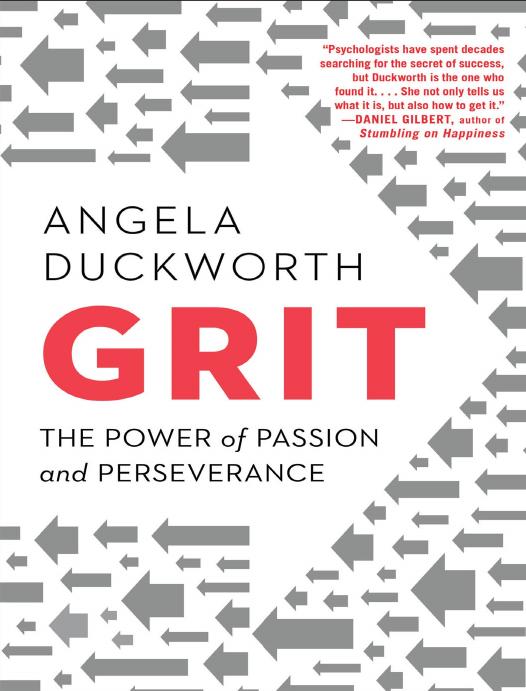Grit by Angela Duckworth

Author:Angela Duckworth
Language: eng
Format: mobi, epub, pdf
Publisher: Scribner
Published: 0101-01-01T00:00:00+00:00
* * *
Around the time Marty Seligman and Steve Maier were linking hopelessness to a lack of perceived control, a young psychology major named Carol Dweck was making her way through college. Carol had always been intrigued that some people persevere while others in identical circumstances give up. Right after graduation, she enrolled in a doctoral program in psychology and pursued this question.
Marty and Steve’s work had a profound influence on young Carol. She believed their findings but was unsatisfied. Sure, attributing your misery to causes beyond your control was debilitating, but where did these attributions come from in the first place? Why, she asked, did one person grow up to be an optimist and another a pessimist?
In one of Carol’s first studies, she worked with middle schools to identify boys and girls who, by consensus of their teachers, the school principal, and the school psychologist, were especially “helpless” when confronted by failure. Her hunch was that these children believed that a lack of intellectual ability led to mistakes, rather than a lack of effort. In other words, she suspected it wasn’t just a long string of failures that made these children pessimistic, but rather their core beliefs about success and learning.
To test her idea, Carol divided the children into two groups. Half the children were assigned to a success only program. For several weeks, they solved math problems and, at the end of each session, no matter how many they’d completed, they received praise for doing well. The other half of the children in Carol’s study were assigned to an attribution retraining program. These children also solved math problems, but were occasionally told that they hadn’t solved enough problems during that particular session and, crucially, that they “should have tried harder.”
Afterward, all the children were given a combination of easy and very difficult problems to do.
Carol reasoned that, if prior failures were the root cause of helplessness, the success only program would boost motivation. If, on the other hand, the real problem was how children interpreted their failures, then the attribution retraining program would be more effective.
What Carol found is that the children in the success only program gave up just as easily after encountering very difficult problems as they had before training. In sharp contrast, children in the attribution retraining program tried harder after encountering difficulty. It seems as though they’d learned to interpret failure as a cue to try harder rather than as confirmation that they lacked the ability to succeed.
Download
This site does not store any files on its server. We only index and link to content provided by other sites. Please contact the content providers to delete copyright contents if any and email us, we'll remove relevant links or contents immediately.
Rewire Your Anxious Brain by Catherine M. Pittman(17695)
Talking to Strangers by Malcolm Gladwell(12065)
The Art of Thinking Clearly by Rolf Dobelli(9005)
Mindhunter: Inside the FBI's Elite Serial Crime Unit by John E. Douglas & Mark Olshaker(7970)
Becoming Supernatural by Dr. Joe Dispenza(7216)
Change Your Questions, Change Your Life by Marilee Adams(6754)
The Road Less Traveled by M. Scott Peck(6749)
Nudge - Improving Decisions about Health, Wealth, and Happiness by Thaler Sunstein(6732)
The Lost Art of Listening by Michael P. Nichols(6597)
Enlightenment Now: The Case for Reason, Science, Humanism, and Progress by Steven Pinker(6494)
Win Bigly by Scott Adams(6404)
Mastermind: How to Think Like Sherlock Holmes by Maria Konnikova(6357)
The Way of Zen by Alan W. Watts(5893)
Daring Greatly by Brene Brown(5754)
Big Magic: Creative Living Beyond Fear by Elizabeth Gilbert(4835)
Grit by Angela Duckworth(4824)
Men In Love by Nancy Friday(4447)
Flow by Mihaly Csikszentmihalyi(4135)
Ego Is the Enemy by Ryan Holiday(4121)
